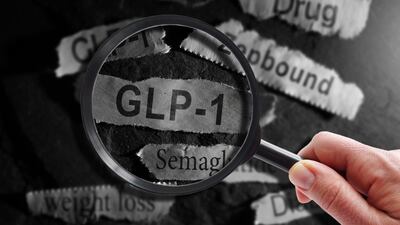To better understand medical device dealmaking as it has evolved over the past two years, one need only compare it to the activity in pharmaceuticals. In the medical device industry, which has matured into a handful of utterly dominant players, dealmaking is occasional and incremental; in the pharmaceutical business, which is in strategic, tactical, and scientific turmoil, it is constant and frequently transforming.
The difference is due, in part, to the relative strategies and philosophies of each industry's largest players. As the device...
Read the full article – start your free trial today!
Join thousands of industry professionals who rely on In Vivo for daily insights
- Start your 7-day free trial
- Explore trusted news, analysis, and insights
- Access comprehensive global coverage
- Enjoy instant access – no credit card required
Already a subscriber?







